Студенти спеціальності «Фізична культура і спорт» вибороли нагороди на Кубку Києва з таеквон-до ІТФ
01 та 02 листопада у спортивному комплексі КНУБА (м. Київ) відбулися змагання «Відкритий Кубок Києва з таеквон-до ІТФ». У змаганнях взяли участь близько 789 спортсменів із різних клубів.
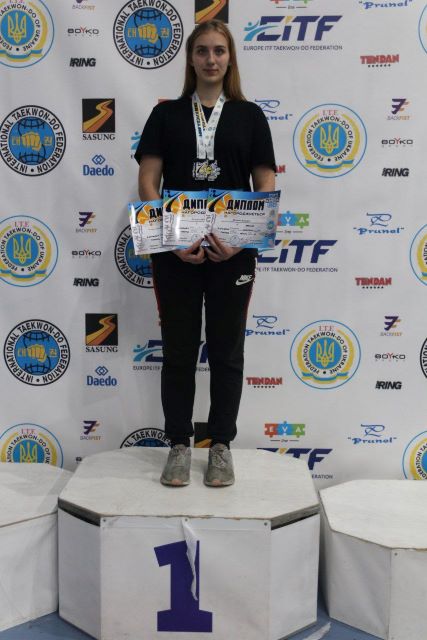
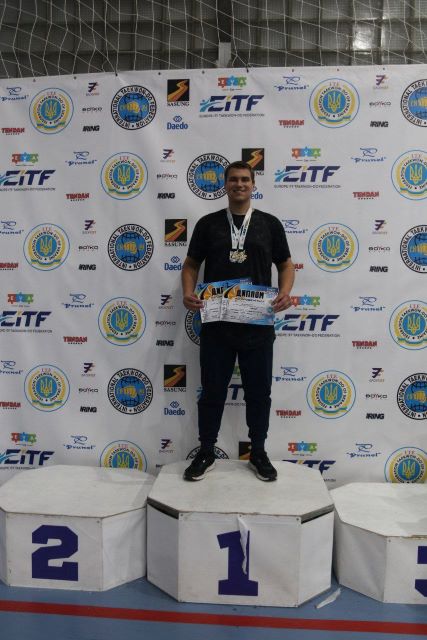
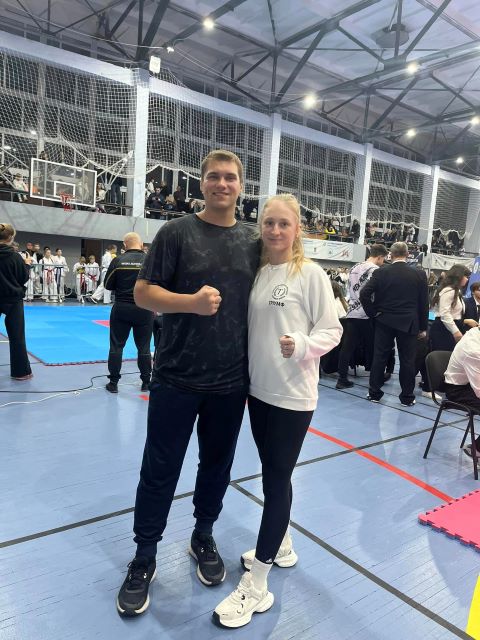
Від нашого університету у Кубку взяли участь двоє студентів спеціальності 017 «Фізична культура і спорт» Даніїл і Вікторія Дяченки. Даніїл навчається на четвертому курсі ОС «Бакалавр», а Вікторія – на першому.
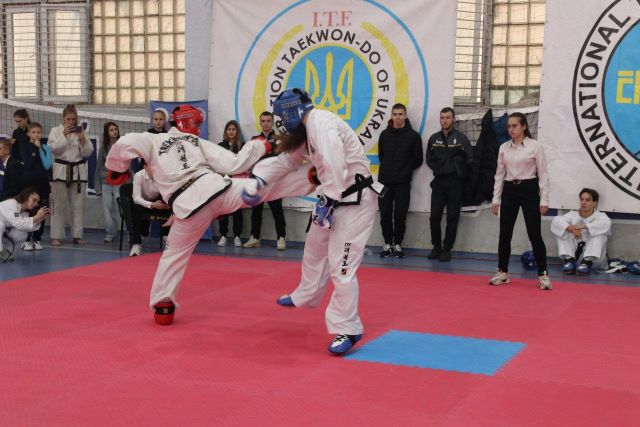
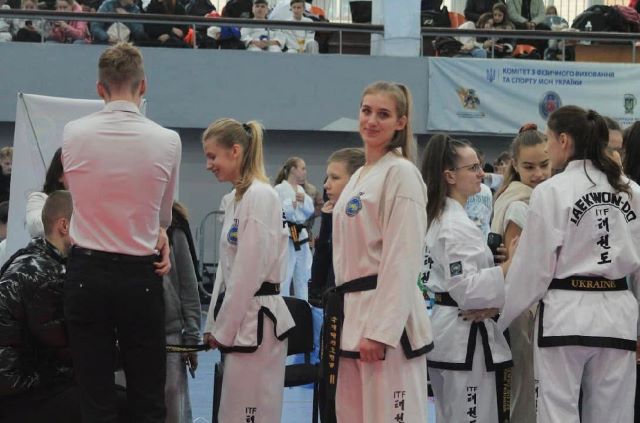

Даніїл виборов 2 золоті медалі у спарингу і формальних вправах туль.
Вікторія завоювала 3 медалі: золоту у спарингу і два срібла у формальних вправах туль і спеціальній техніці.


Микола КОСТЕНКО,
завідувач кафедри фізичної культури і спорту